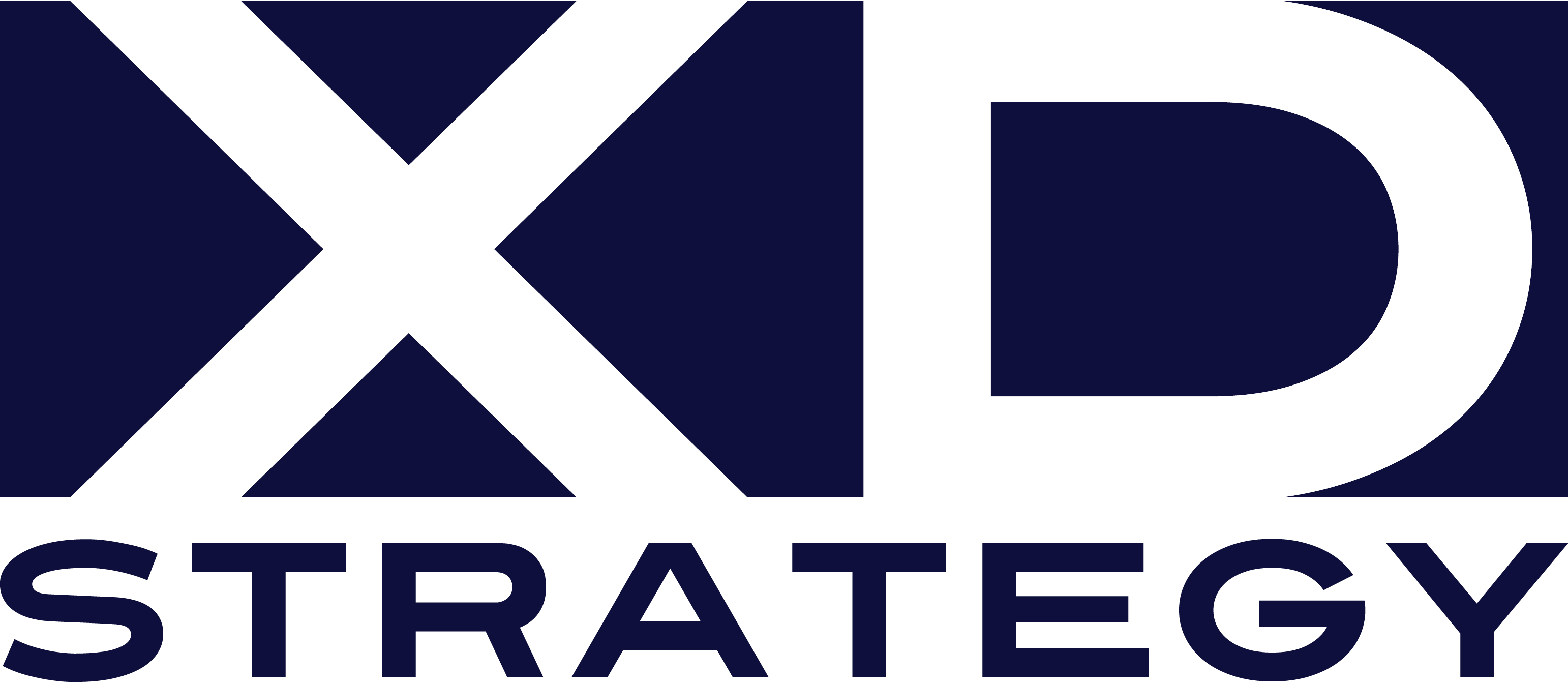If you are involved in creating experiences for your users and customers, The Experience Economy by Joseph Pine and James Gilmore is a must read.
The book outlines a business strategy where memorable experiences are created; creating a situation that people are willing to pay a higher price than they would for most products or services. The book outlines how people are willing to pay some for coffee or a birthday cake but are willing to pay much more when that coffee or cake is immersed in an experience.
In some ways, delivering an experience is like creating a play in the theater. There is a stage, scripts, actors, and props. But since people, users and customers, are involved in the experience, it may be more like Improv Theater. There is a general script, but it must be flexible to deal with unique situations, mistakes, or anything else that could happen.
“Theming an experience means scripting a participative story.”
The role of design becomes key to this type of business strategy. Understanding the customers and what will delight them is a critical element to success.
“Talk about “designing for the customer” in many organizations really means designing for “the average customer” – who doesn’t really exist. Unless people keep particular customers – real, specific, and known individuals – in view, such efforts only trigger initiatives and expend resources without knowing the individual levels actually required.”
“Many companies turn to customer satisfaction, or “voice of the customer,” surveys that use market research techniques to gather data. Such information provides a great foundation for understanding the general needs of one’s customer base. However, these techniques do not go far enough to determine what and where a company should mass customize. After all, customer satisfaction really measures market, not individual customer, satisfaction.”
Experience as a business strategy is not right for every company or situation. But, in some competitive situations, it could be the differentiator that enables a business to thrive. It can also lead to an increased return on investment. Using the birthday cake example, the book outlines the difference between a cake baked at home for a few dollars, to a cake purchased from a bakery for 20 dollars, to a party at Chuck. E. Cheese which can cost well over 100 dollars.
“Companies should charge for the value they add, not the costs they incur.”
This is a useful book for understanding how and why many companies are working to deliver experiences rather than products or services. It is essential reading for anyone in user or customer experience.
The Experience Economy is available on Amazon.
